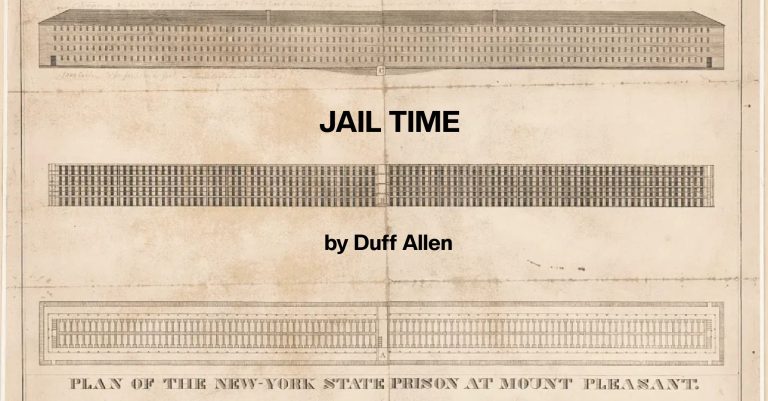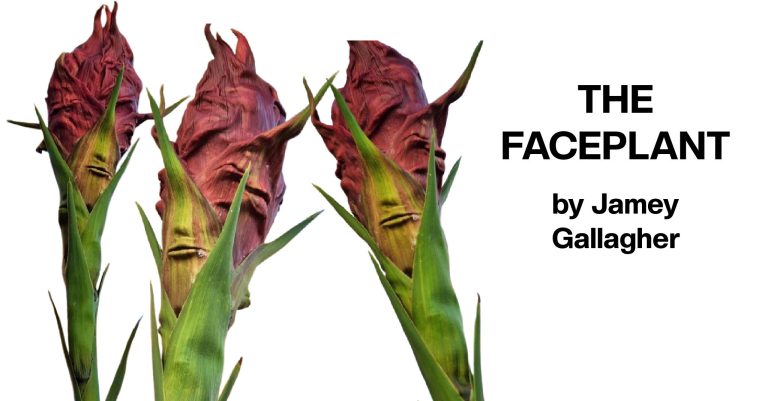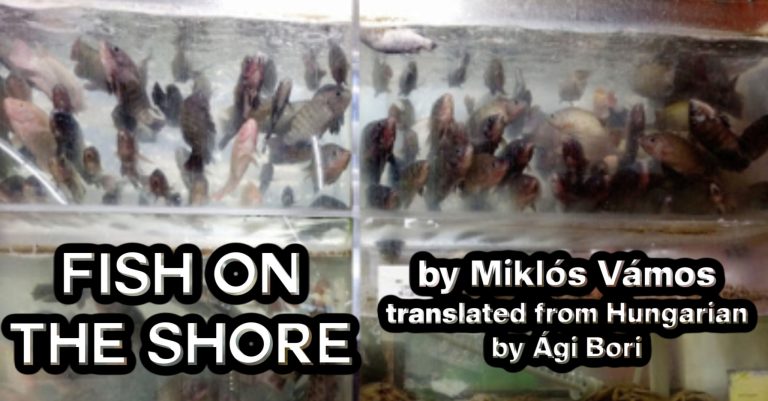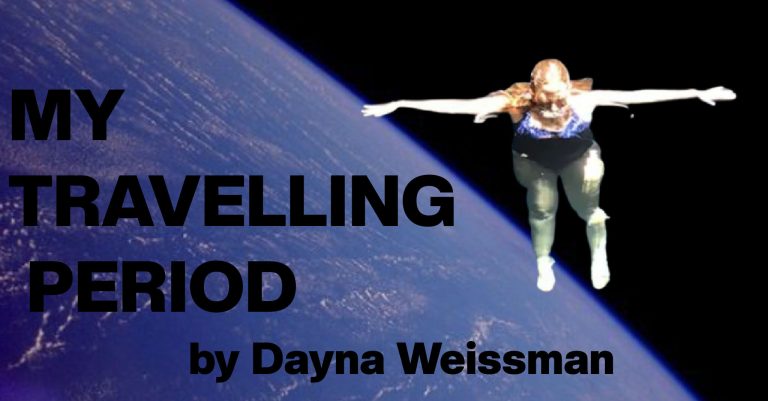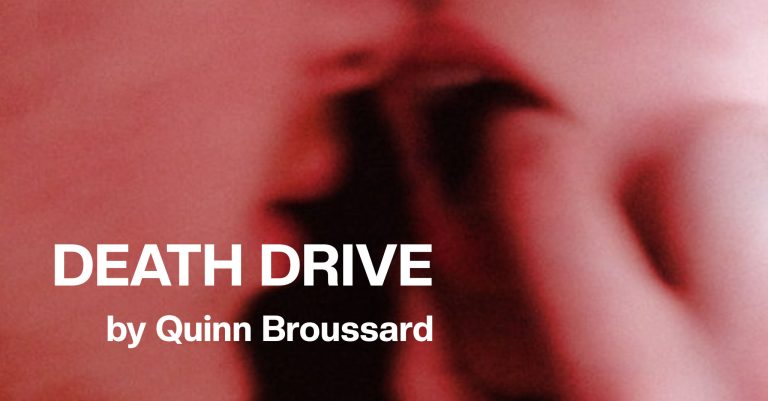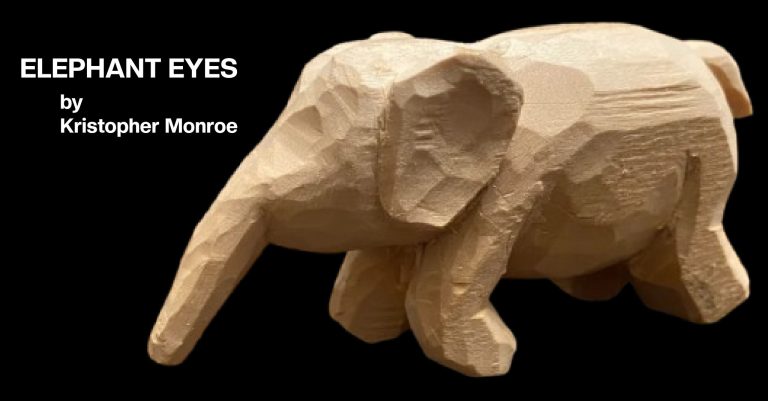
ELEPHANT EYES by Kristopher Monroe
When I was in fourth grade my mother disappeared and I never saw her again. At first my father wasn’t sure what to tell me but he realized that the truth was better than obfuscation so he told me she was admitted to a sanitarium which I didn’t understand so then he explained she was simply sick and resting which I definitely did understand. For as long as I could remember my mother was sick in a certain way. She’d be doing dishes or loading laundry or scrubbing the tub and suddenly become overwhelmed with sadness and break down weeping

